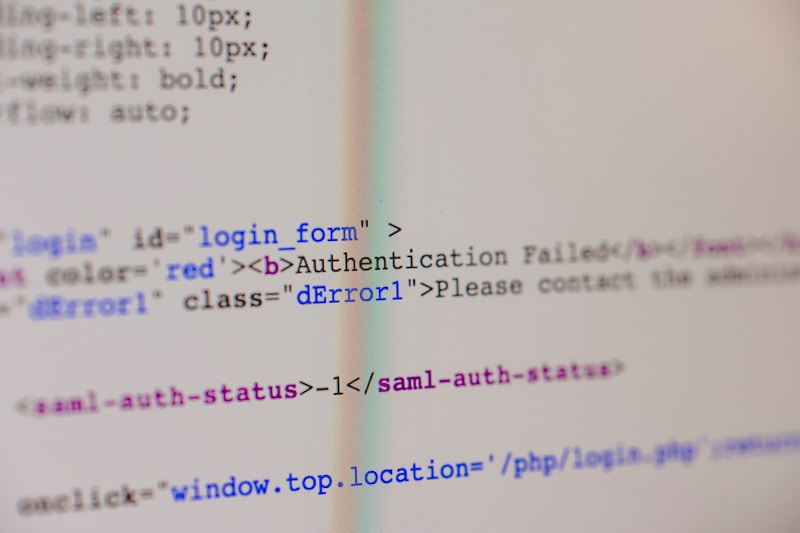Podcast
Questions and Answers
What is the difference between directional and non-directional hypotheses?
What is the difference between directional and non-directional hypotheses?
What is the difference between independent and dependent variables?
What is the difference between independent and dependent variables?
What are extraneous variables?
What are extraneous variables?
What is the purpose of counterbalancing?
What is the purpose of counterbalancing?
Signup and view all the answers
What is the difference between structured and unstructured observation?
What is the difference between structured and unstructured observation?
Signup and view all the answers
What is the difference between positive and negative correlations?
What is the difference between positive and negative correlations?
Signup and view all the answers
What is the difference between test-retest and inter-observer reliability?
What is the difference between test-retest and inter-observer reliability?
Signup and view all the answers
What is the difference between directional and non-directional hypotheses?
What is the difference between directional and non-directional hypotheses?
Signup and view all the answers
What is operationalization?
What is operationalization?
Signup and view all the answers
What are extraneous variables?
What are extraneous variables?
Signup and view all the answers
What is the difference between random and stratified sampling?
What is the difference between random and stratified sampling?
Signup and view all the answers
What is the difference between laboratory, field, and natural experiments?
What is the difference between laboratory, field, and natural experiments?
Signup and view all the answers
What is the difference between test-retest and inter-observer reliability?
What is the difference between test-retest and inter-observer reliability?
Signup and view all the answers
What are the ethical guidelines for humans?
What are the ethical guidelines for humans?
Signup and view all the answers
Study Notes
Research Methods Review Guide
- Hypotheses can be directional (predicting a specific outcome) or non-directional (predicting a relationship without specifying the direction) and are used to test a theory. Null hypotheses state that there is no relationship between variables.
- Independent variables (IV) are manipulated by the researcher and have different levels. Dependent variables (DV) are measured and are affected by the IV. Operationalization involves defining how variables will be measured or manipulated in the study.
- Extraneous variables are uncontrolled variables that can affect the results of the study. Pilot studies, controls, and standardization are used to increase the validity of the study.
- Sampling involves selecting a representative group from a population. The representativeness of the sample affects the generalizability of the results. Sampling methods include opportunity, volunteer, random, and stratified.
- Experiments can be conducted in laboratory, field, or natural settings. Demand characteristics and artificial environments can affect the validity of the study. Natural experiments have high ecological validity but may have low control.
- Experimental designs include repeated measures, independent measures, and matched pairs. Order effects, such as practice and boredom effects, can affect the results. Counterbalancing is used to control for order effects.
- Reliability refers to the consistency of the results. Test-retest and inter-observer reliability are used to increase reliability. Validity refers to the accuracy of the results. Internal, ecological, and population validity are important considerations.
- Case studies involve in-depth analysis of an individual or group and can provide rich qualitative data. However, they may lack generalizability and be affected by researcher bias.
- Ethical guidelines for humans include informed consent, protection from harm, right to withdraw, lack of deception, confidentiality, privacy, and debriefing. Ethical guidelines for animals include replacement, number, pain and distress, housing, reward and deprivation, averse stimuli, painkillers, and euthanasia.
- Self-report methods include questionnaires and interviews. Different types of questions, such as Likert scales and open-ended questions, have different strengths and weaknesses. Structured, semi-structured, and unstructured interviews also have different strengths and weaknesses.
- Observation involves systematically recording behavior. Structured observation involves defining behavioral categories, while unstructured observation is more flexible. Covert observation involves observing without the participant's knowledge, while overt observation involves observing with their knowledge.
- Correlations describe the relationship between two variables. Positive and negative correlations indicate the direction of the relationship, while a correlation coefficient shows the strength of the relationship. Correlation does not imply causation, and directionality and third variables must be considered.
- Data analysis includes quantitative and qualitative data. Objective data is preferred in psychological research. Measures of central tendency, such as mean, median, and mode, are used to describe data. Outliers and variability are also important considerations. Different types of graphs, such as bar charts and scatterplots, are used
Studying That Suits You
Use AI to generate personalized quizzes and flashcards to suit your learning preferences.
Description
Test your knowledge on research methods with this comprehensive review guide quiz. From hypotheses and variables to sampling and data analysis, this quiz covers all the essential topics in research methods. Sharpen your understanding of experimental designs, reliability, validity, ethical guidelines, self-report methods, observation, correlations, and more. Perfect for students or anyone interested in psychology or social sciences, this quiz will challenge your knowledge and help you identify areas for improvement. Get ready to ace your next research methods exam with this informative and engaging




